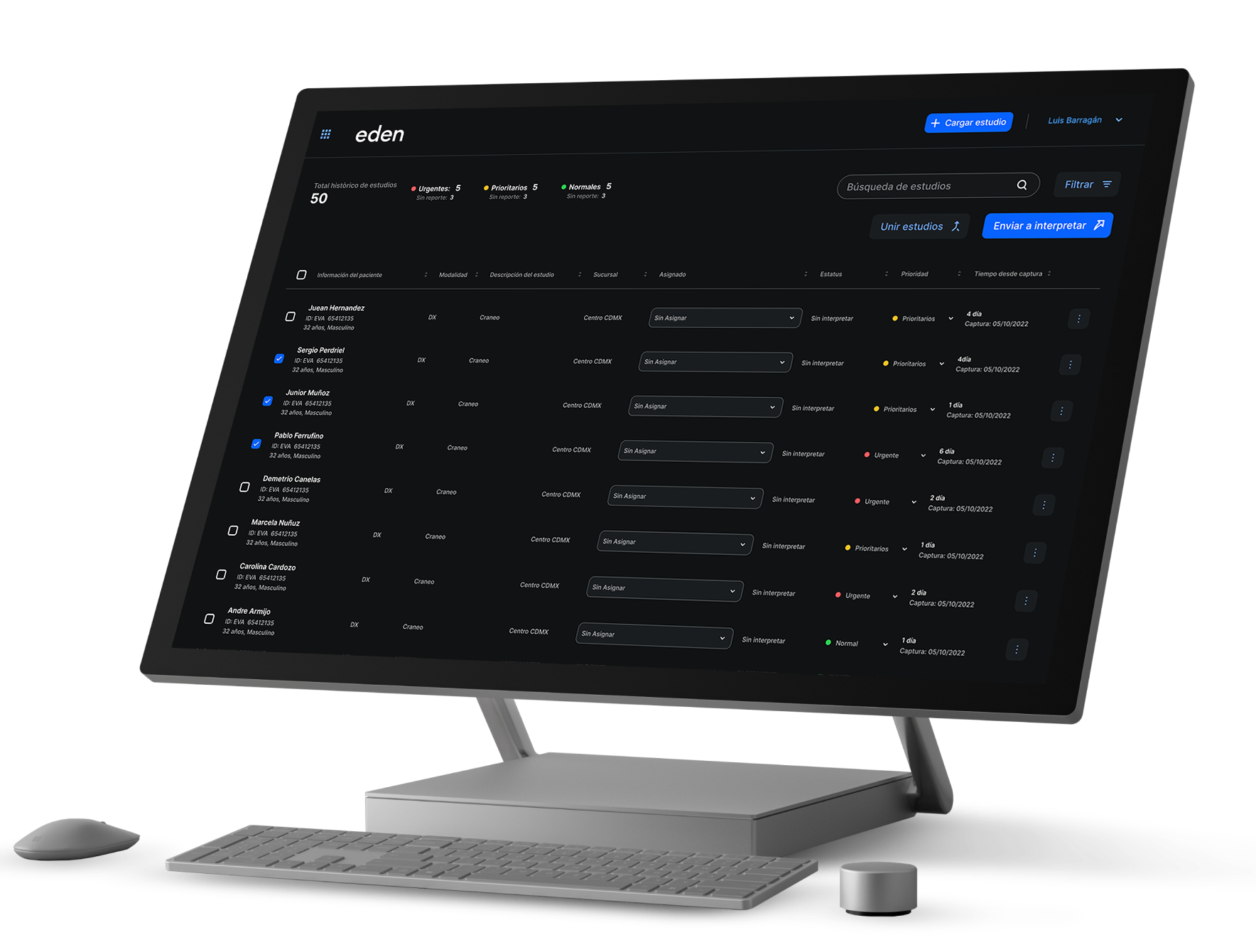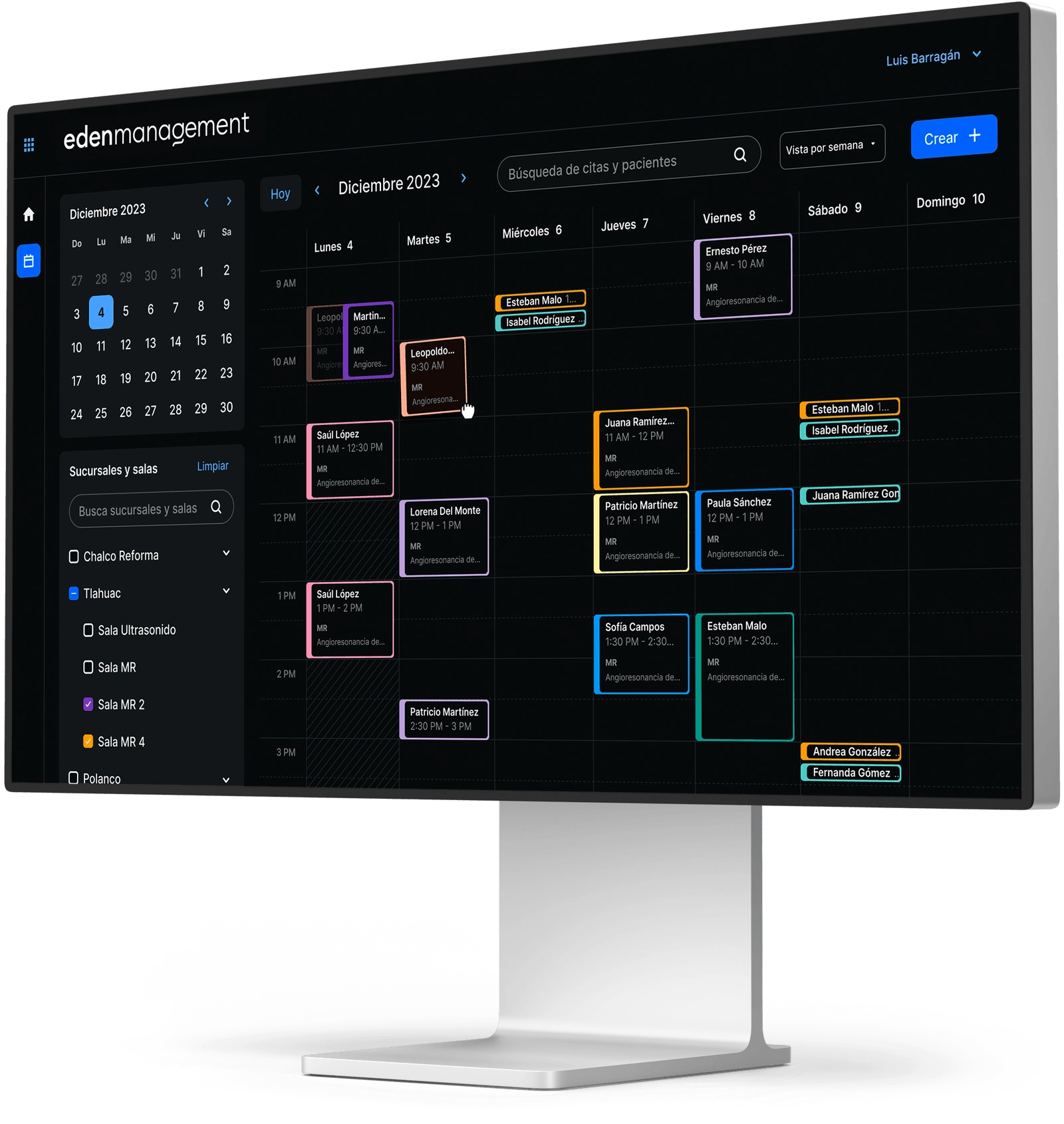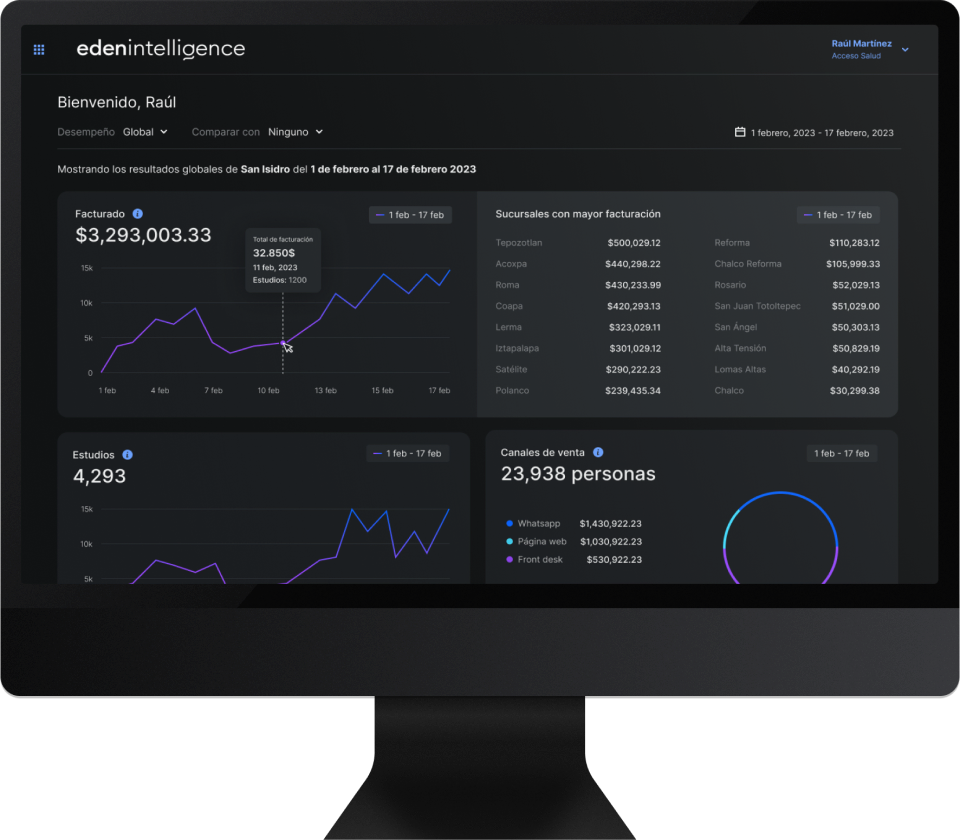A visit to the pulmonologist is a very important step in taking care of your health. If you want a review to rule out or diagnose a respiratory disease, it is best to go to a pneumonology consultation for your medical evaluation.
La pneumonology is the medical specialty responsible for the study, prevention, diagnosis and treatment of respiratory diseases.
El Pulmonologist is the specialist who is responsible for prevent, detect, diagnose and evaluate diseases affecting the respiratory system, as well as to indicate the treatment timely and appropriate.
If you have any signs and symptoms related to the respiratory system, you need to attend Pulmonologist for a professional evaluation.
What is the respiratory system and what are its components?
El respiratory system It is made up of the mouth and nose, which pass filtered and humidified air to the larynx, trachea, bronchi, alveoli and lungs. In addition, we have respiratory muscles that allow breathing, and are the diaphragm and the intercostal muscles.
The respiratory system has the Main function to complete breathing, which is completed by means of the Inhalation And the exhalation. Thanks to breathing, gases are exchanged between air, blood and our cells. Finally, thanks to this system we can Perceive odors and create sounds.
When should I see a pulmonologist?
There are several reasons why it is recommended that you see a pulmonary doctor. Here are some of them:
- If you were or are a person who smokes, or if you've lived with one a lot.
- Yes You worked in places with exposure to silica or toxic gases such as methanol (cement, glass, oil and mining industries).
- If you have cooked with wood and you were in contact with Smoke for long periods of time.
- If in childhood you suffered from Allergies.
- If you currently have chronic cough, shortness of breath, chest pain, problems with the nose when breathing, respiratory allergies or bronchial asthma.
- If you had any respiratory disease, such as Covid-19, influenza or pneumonia. This is either for timely treatment or for clinical monitoring of the disease.
Why do I need to see a pulmonologist?
A timely visit to the pulmonologist is important for an accurate evaluation and Diagnostic, as well as a treatment specific to your case and avoid severe complications.
On the other hand, the doctor Pulmonologist is the specialist responsible for several adult respiratory diseases that are among the leading causes of death worldwide, such as COPD (chronic obstructive pulmonary disease) And lung cancer. This is especially important if you were or are a person who smokes or you lived with one for a long time, so that your doctor can check for Sequels and treat them in time.
Remember that to consult this specialist you should not have severe symptoms, but you can make a visit to the pulmonologist part of your annual health care routine.
What respiratory diseases can a pulmonologist treat?
The specialist in pneumonology is in charge of treating many respiratory diseases such as:
- Upper respiratory tract infections. They are those that occur in the nose and throat, such as the common cold and the flu.
- Lower respiratory tract infections. They are those that occur in the trachea, bronchi and lungs, such as bronchitis and pneumonia. In turn, these diseases can be of viral or bacterial origin.
- Other respiratory diseases due to different causes are:
- Bronchial asthma
- TB
- Pleurisy
- Pneumothorax
- Occupational respiratory infections
- Cystic Fibrosis
- Lung cancer
- EPOC
- Pulmonary hypertension
- Sleep apnea
What happens during the appointment with the pulmonologist?
When you first attend the consultation of pneumonology, you should be prepared to answer a series of questions that will help the doctor in his evaluation and diagnosis. This initial questionnaire is called medical history and it has a mandatory legal component.
La medical history It includes a series of questions which include contact details, personal and family medical history, reason for the consultation, as well as signs and symptoms that you have presented in chronological order.
It will then start a physical exam, mainly evaluating the entire respiratory system with instruments such as the stethoscope to listen to lung sounds.
The doctor Pulmonologist It can also indicate a series of clinical studies. Some can be done inside the office and others outside, and will help in the Diagnostic and rule out respiratory diseases. Some common respiratory tests include:
- Pulse oximetry
- Pulse saturometry
- Maximum voluntary ventilation
- Computerized spirometry
- Chest X-rays
- Chest MRI
- Chest Tomography
- Carbon monoxide diffusion test
- Exercise stress test for asthma
- 6-minute gait test
- Lung flow measurement
The completion and results of some of these studies will help the doctor Pulmonologist To indicate the treatment indicated if necessary.
Remember that only the Specialist doctor may tell you to have these studies done, and it will be your doctors who know how to interpret them. Along with your Pulmonologist You will be able to know the state of health of your respiratory system and plan the best treatment or prevention plan.
References
- Introduction to the diagnosis of lung disorders - Lung and respiratory tract disorders. MSD manual version for the general public.
- Evaluation of the patient with lung disorders - Lung disorders. MSD manual version for professionals.
- The 10 leading causes of death in the world. NatGeo in Spanish.
- Respiratory function tests, which one and who? MediGraphic.
- Five Major Functions of the Respiratory System. Visible Body.




















